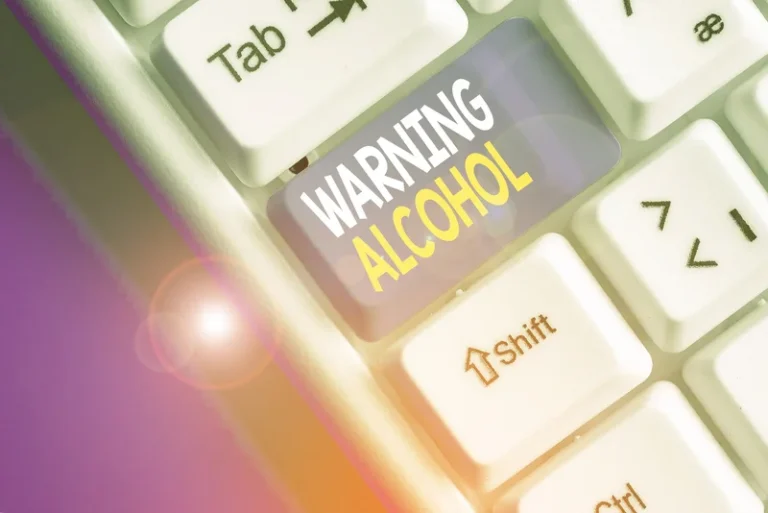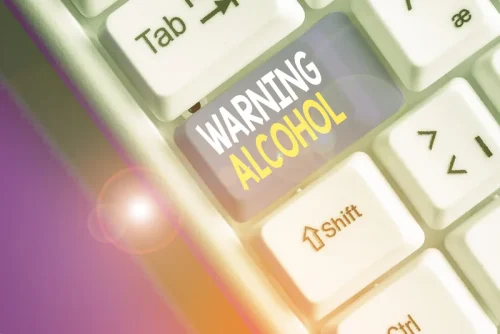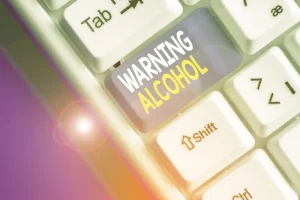
If you’re a regular drinker, you may need to get your medication levels checked more often. If you drink too much or are concerned about how much you drink, you should speak to a physician about lowering your alcohol intake or getting treatment through a rehabilitation program. Working with an addiction specialist to safely detox from alcohol and then get behavioral treatment through rehab is the best process for ending AUD and other forms of problem drinking.

How Does Alcohol Impact Blood?

There are various resources available, such as support groups, counseling, and treatment programs, to assist individuals in overcoming alcohol addiction. Alcohol affects cognitive function and coordination, leading to impaired judgment, poor decision-making, and an increased risk of accidents and injuries. Alcohol can have detrimental effects on the brain, leading to cognitive impairment, memory loss, and an increased risk of neurological disorders such as dementia.
Neurological Effects
Bayview Recovery Center provides varying levels of care with a focus on outpatient treatment programs at our Tacoma, WA drug rehab center. Our treatment methods allow our clients to have the most accessible and effective recovery experience possible. Dave Cundiff, MD, MPH is an experienced leader in the field of Substance Use Disorder does alcohol prevent blood clots treatment. He works with patients suffering from Substance Use Disorder to evaluate their medication needs and prescribe treatments accordingly. In addition, he regularly participates in all-staff debriefing sessions involving peers, nurses, and other prescribers. He also reviews and advises on policies, procedures, and techniques for treating substance use disorder.

How Does Rehab Help Drug Addicts
If alcohol affected only the coronary arteries, drinking it might be good medicine. But it affects almost every other part of the body, and the amount consumed determines the ultimate outcome. That means a more careful approach to this two-faced beverage is in order.
In various biologic systems, oxidative stress can be measured or inferred by several biologic indexes. Results from another meta-analysis of 12 cohort studies found a similar dose–response relationship between alcohol consumption and HTN for males. A J-shaped relationship for females showed protective effects at or below consumption levels of 15 g/day (Taylor et al. 2009). These data highlight how gender may be an important modifier of the alcohol threshold level and can shape the alcohol benefit–risk relationship.
World Stroke Organization
- To fully comprehend the relationship between alcohol and blood thinning, it’s important to first understand what blood thinning actually means.
- Additionally, alcohol abuse can contribute to vitamin deficiencies, particularly vitamin K, which plays a crucial role in blood coagulation.
- Since blood thinners are designed to thin the blood and alcohol has that same effect, drinking alcohol while on blood thinners should be avoided to prevent excessive thinning.
- Approximately 1 to 2 drinks per day may have no effect on or lead to a slight reduction in stroke events; however, greater daily alcohol levels increase the risk for all stroke events and incident stroke types.
- It is always advisable to seek professional guidance to ensure the safest and most appropriate approach to alcohol consumption, particularly if you have a history of addiction or are managing specific health concerns.
We also found that there were much fewer AI events among female subjects. However, the risk of VTEs in women with AI remained higher than non-AI cohort. To reduced potential bias, we matched controls with propensity score, as showed in Table 4. While alcohol can have an effect on blood flow and blood vessels, it is not considered a blood thinner in the same way as medications like heparin or warfarin. Alcohol does not directly interfere with the clotting process or affect the body’s ability to form clots.

Long-term Effects
If you have concerns about blood clotting or are taking medications that affect blood thinning, it is important to consult with a healthcare professional for personalized advice. Remember, moderation and responsible drinking habits are key to maintaining overall health and well-being. It is worth mentioning that excessive alcohol consumption can have detrimental effects on the blood clotting process. Alcohol abuse can lead to an increased risk of bleeding Alcoholics Anonymous disorders, as well as liver damage that can disrupt the production of clotting factors. Alcohol consumption can also have an impact on the effectiveness of certain blood thinners. For example, excessive alcohol intake may interfere with the metabolism of warfarin, potentially leading to either decreased effectiveness or increased risk of bleeding.
However, it is important to clarify what exactly it means for a substance to be a blood thinner. Blood thinners, also known as anticoagulants, are medications that help prevent blood clots from forming or growing larger. Yes, it’s possible for alcohol to interact with blood-thinning medications, which can increase the risk of bleeding.

- Drinking alcohol can sometimes be a touchy issue between patients and doctors.
- Remember, it’s never too late to make positive changes and prioritize your health.
- Let your doctor know right away if you experience any signs of bleeding problems.
- The above review noted that low to moderate alcohol consumption can decrease platelet activation and aggregation, meaning it may reduce blood clotting in a similar way to blood thinning medications.
- Decreases in mTOR activation may play a role in reduced myocardial protein synthesis, ventricular wall thinning, and dilation.
It’s important to note that alcohol’s effects on platelet function are complex and can be influenced by various factors. If you are taking blood thinners or have a bleeding disorder, it is crucial to consult with your healthcare provider regarding the specific interactions between alcohol and your medication. While moderate alcohol consumption may help https://ecosoberhouse.com/ prevent blood clots, excessive alcohol consumption can actually increase the risk of blood clots and other serious health problems. The review authors highlighted that previous research has suggested drinking significant amounts of alcohol every day has links to a higher risk of developing high blood pressure.
